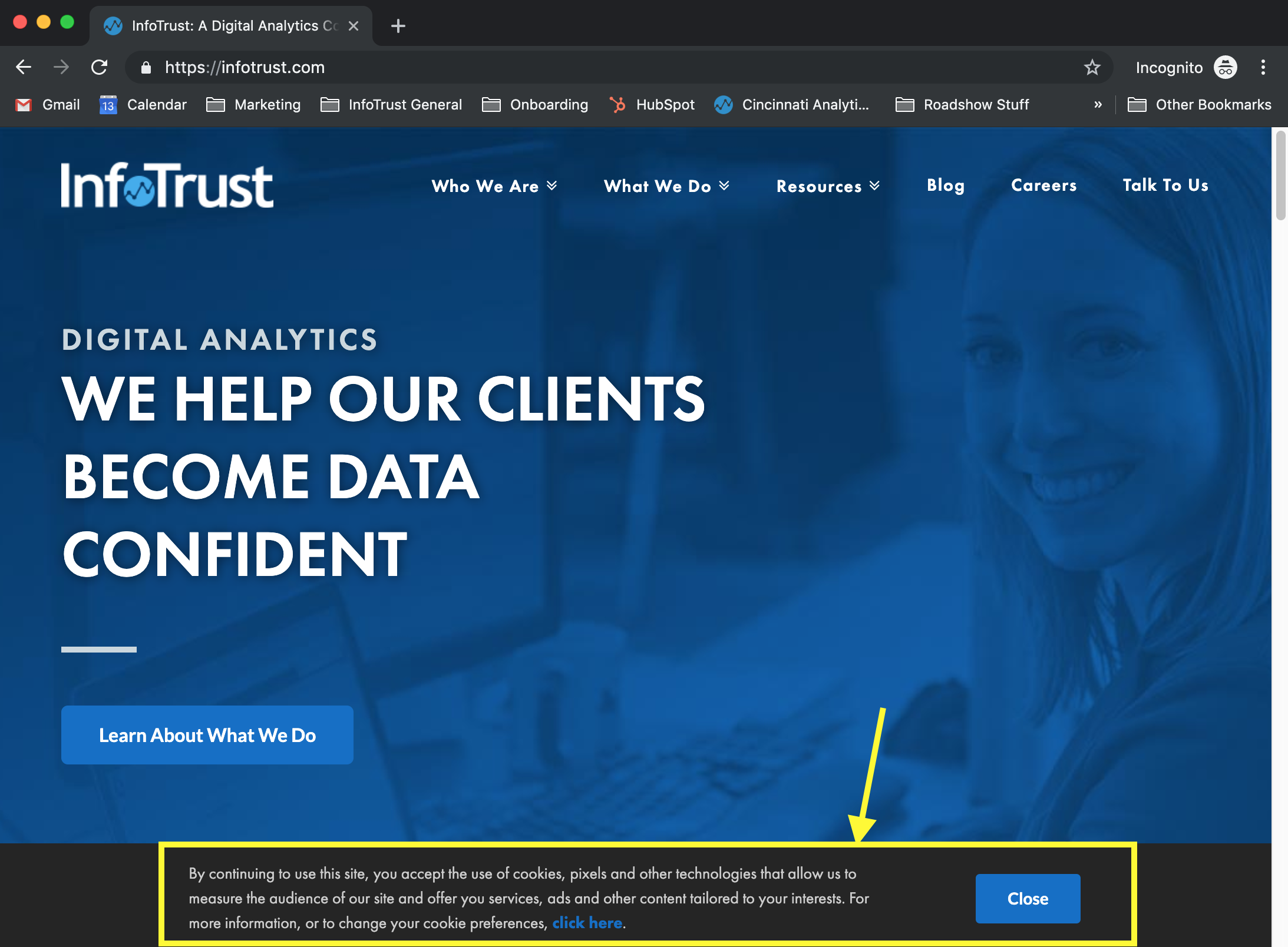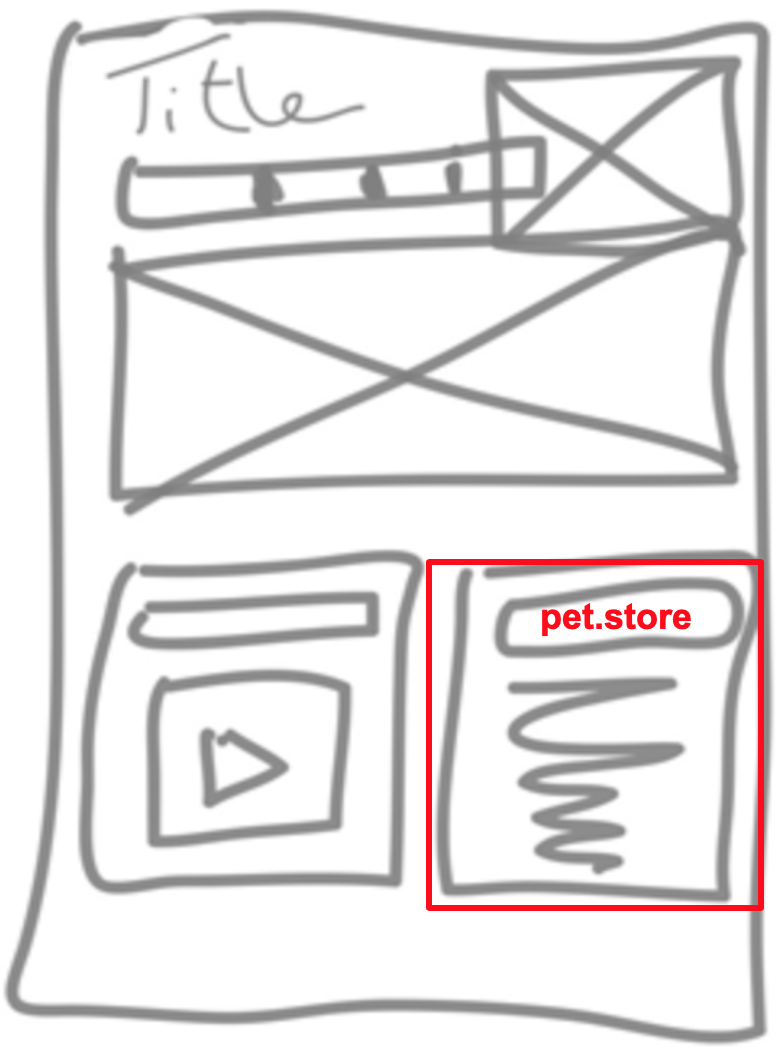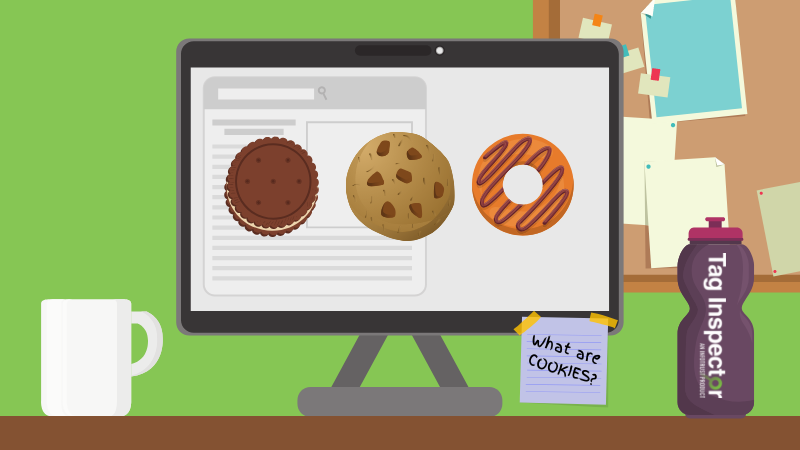Cookies are an ever-changing topic of discussion in the world of analytics. This has become especially true with the introduction of Intelligent Tracking Prevention, or ITP. Due to data privacy laws such as GDPR or the upcoming CCPA, you may have noticed pop-ups at the bottom of most websites you visit that inform you that cookies are being used and how they affect your experience on the site.

What are cookies?
Quite simply, a cookie is a data file set by a website on your computer.
They allow the website to store some information that can be accessed later during your site exploration. This information commonly includes if you logged in today, your history on the site, and some insights about you based on your page views.
First-Party Cookies vs. Third-Party Cookies
When a site uses cookies, there are rules about what can and can’t be done. A site can set a cookie for any domain, but the cookies can only be accessed for the site you are currently visiting.
A first-party cookie is a cookie set and accessed by the website you are visiting.
A third-party cookie is set for another website that can be accessed by that website when it is visited later.
Cookies in Action
First, let’s look at how first-party cookies can be used.
Let’s say you visit example.blog and read an article about caring for your labrador retriever. Here’s what happens:
- The site sets a cookie that you are interested in the labrador retriever dog breed.
- The next time you visit example.blog, the cookie that was set is used to recommended articles and other content about labrador retrievers.
Now that we understand what is happening with first-party cookies, let’s be clear as to what isn’t happening. The site does not show you featured articles about caring for chihuahuas because the site knows that the last time you were here you engaged with content about labradors, not chihuahuas.
Simply put, the site uses first-party cookies to show you content it believes you to be interested in based on your engagement with related content (in this case, articles about labrador retrievers) in the past.
Now, let’s see how third-party cookies can be used in the same situation, only this time example.blog uses an ad service on their website from pet.store. Here’s what happens:
- pet.store may set a cookie about your dog breed preference.
- You visit pet.store for the first time tomorrow. A cookie is already there and they can target your experience by featuring supplies specifically for labrador retriever owners.
Now, with third-party cookies, it’s very important to understand what isn’t happening:
- When you visit pet.store, they cannot access the cookies for example.blog or any other domain that has been set.
- When you are on example.blog, pet.store cannot access any cookies (including their own); they can only set one for pet.store.*
By visiting example.blog, you have customized your experience on a retail site, pet.store, that you have never visited before—all thanks to third-party cookies.
But wait…
Okay, did you notice that asterisk(*) on the last bullet point? There’s a way around that last rule about how third-party cookies can be set and accessed.
When example.blog allows a tag (like an ad) to be placed on their site, it can be treated as if you are visiting a different website within that area of the website. (Basically a website within a website.)

This means pet.store can access all of the information from their cookie from within the site you’re visiting. Instead of your experience on pet.store being personalized, now the blog example.blog is personalized with new information from pet.store, as well (within the ad space). If you’ve visited pet.store in the past to buy dog food, you may now see dog food advertised in the ad space.
Using cookies in this way allows businesses to intelligently track consumers around the internet.
Contact Us to Learn More
For more information on cookies and and your web properties, contact the team at Tag Inspector today.
